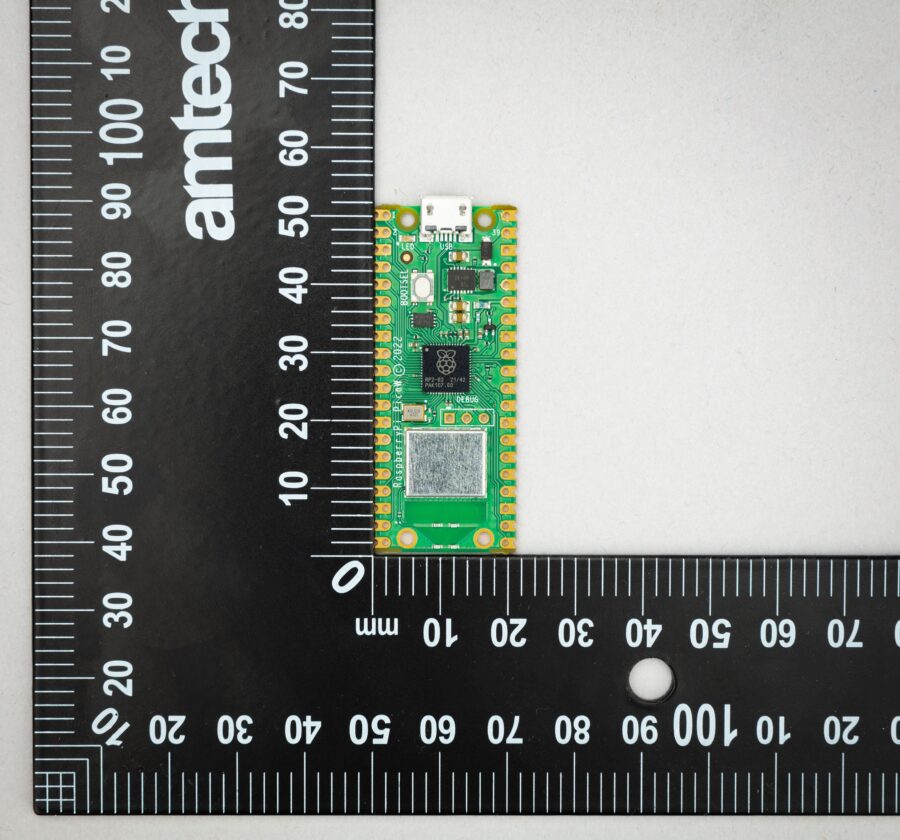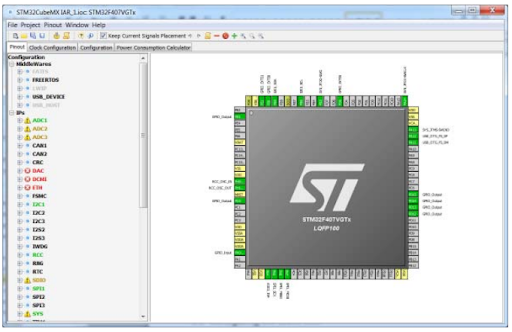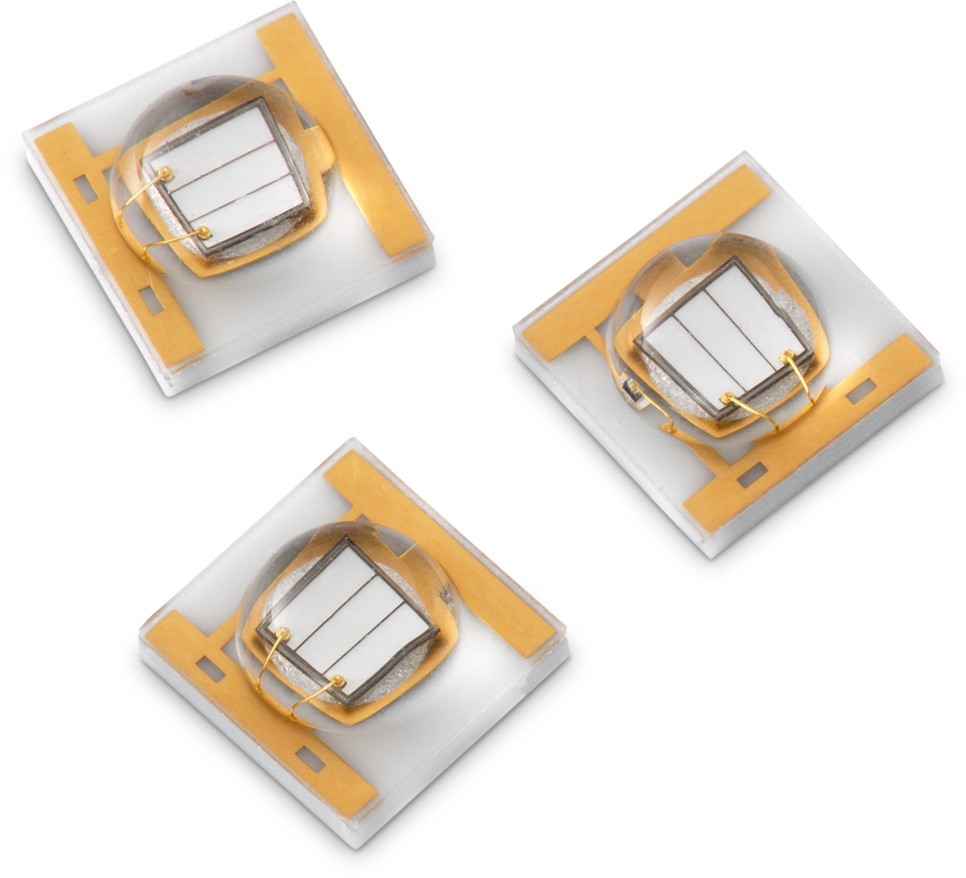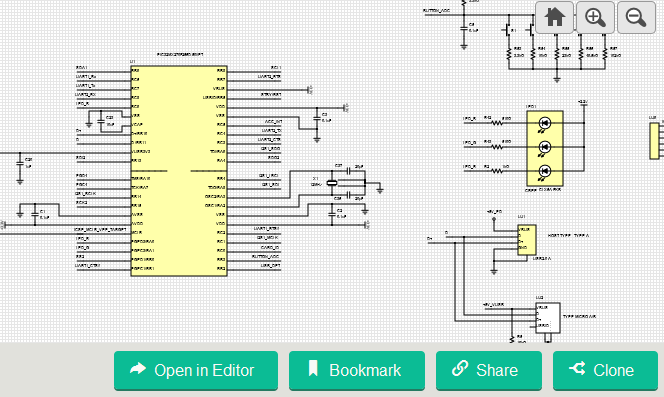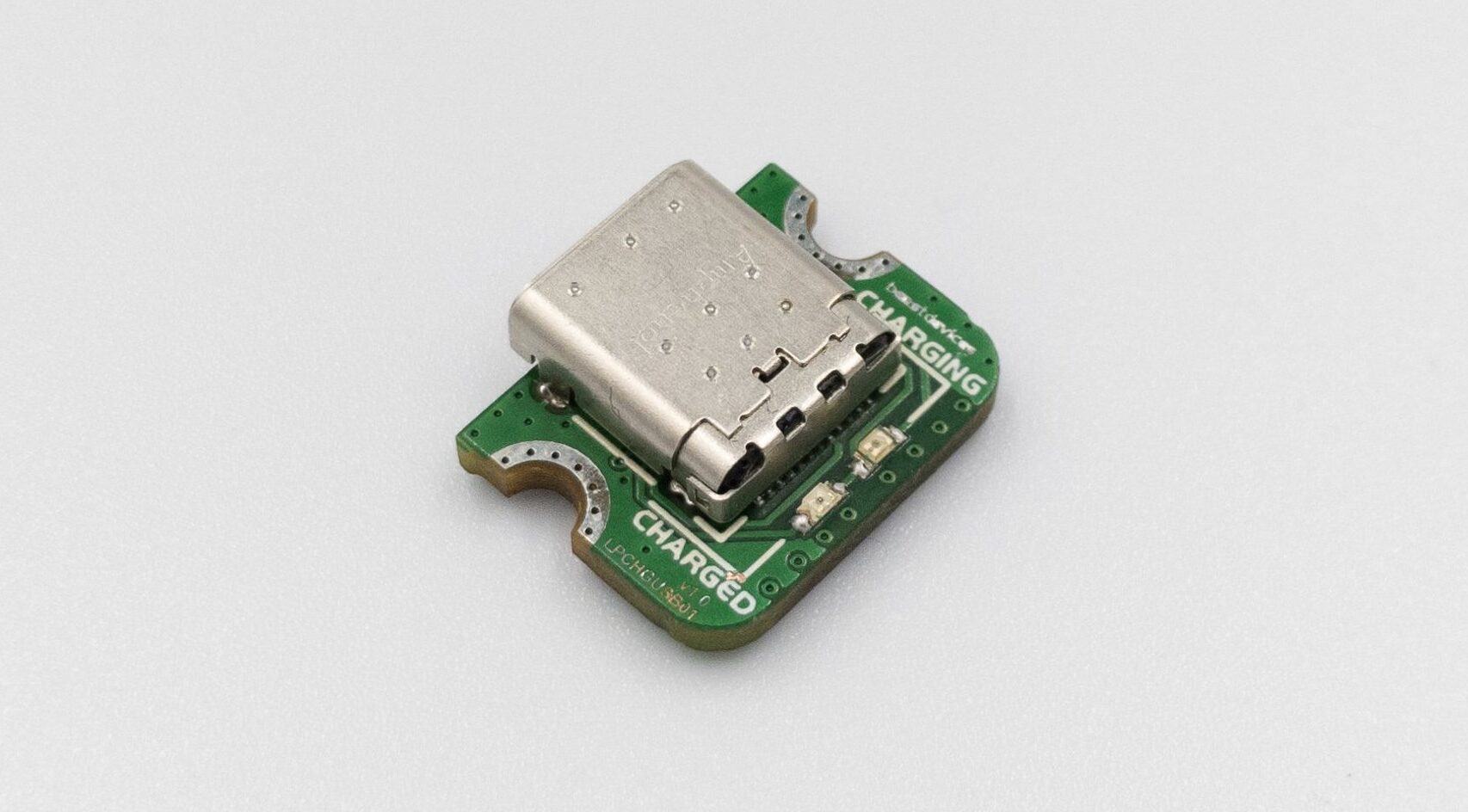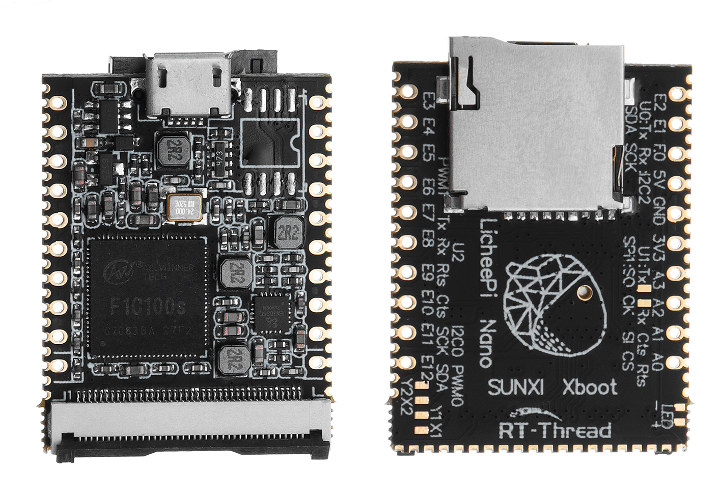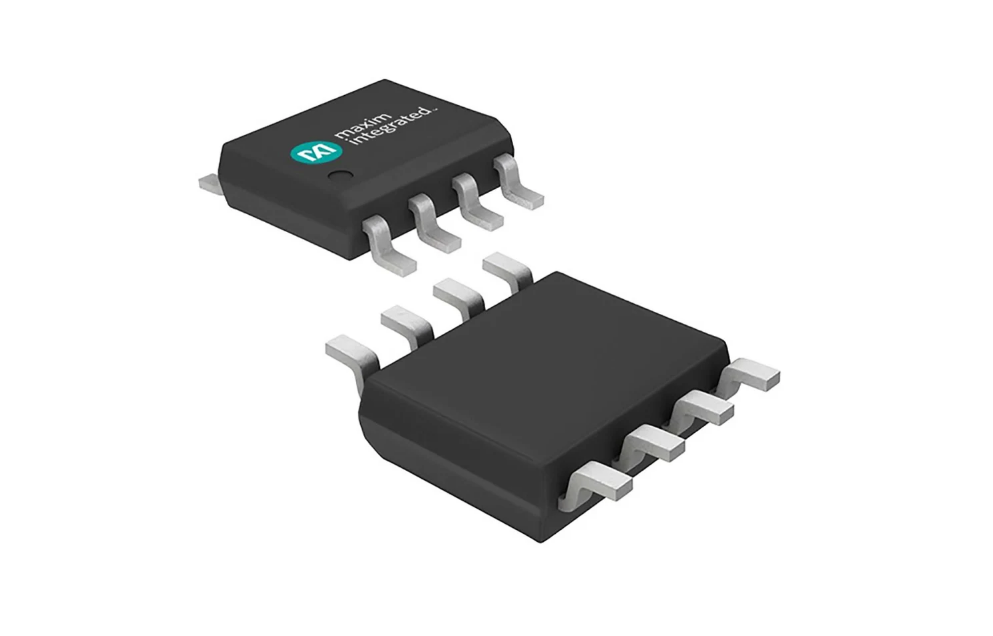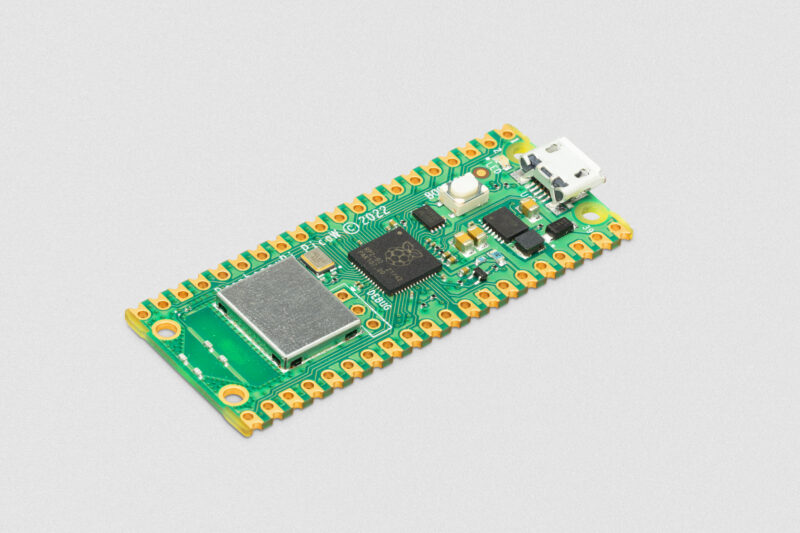
Raspberry Pi Pico W greets with wireless networking capabilities, here more…
Last year, the Raspberry Pi Foundation announced a new microcontroller board equipped with an in-house RP2040 microcontroller– Raspberry Pi Pico. The hardware platform is one of the most famous Raspberry Pi microcontroller-class products that have reached over two million sales. RP2040 has also seen massive adoption with several manufacturers wanting to integrate the microcontroller SoC into their custom development boards. One of the reasons Raspberry Pi Foundation thinks of the huge success of RP2040 is the elimination of the supply chain problem. With the growing semiconductor shortages, several microcontrollers are out-of-stock, but this does not stop developers and makers from developing next-gen applications. The Raspberry Pi Foundation also announced the commercial availability of the RP2040 microcontroller for sale.
The company witnessed immense success with the first-in-the-line Raspberry Pi Pico module. With the increased adoption and continuous tweaking for the module to be in-line with the growing edge device needs, Raspberry Pi Foundation finally released a new Pico family product with wireless networking– Raspberry Pi Pico W. The name seems very similar to the Raspberry Pi Zero W, wherein the hardware is an extension of the Pi Zero family with added wireless LAN and Bluetooth connectivity. Following the same naming standard, Raspberry Pi Pico W will now be available for sale starting at $6.00 USD. Alongside the Raspberry Pi Pico W, the manufacturer has also decided to reveal more versions of the hardware platform, depending on customer requirements. Other versions include the Pico H for $5.00 USD and Pico WH for $7.00 USD with pre-populated headers and 3-pin debug connector. Raspberry Pi Pico H and Pico W will be available for sale starting today, while Pico WH will be available starting August 2022.
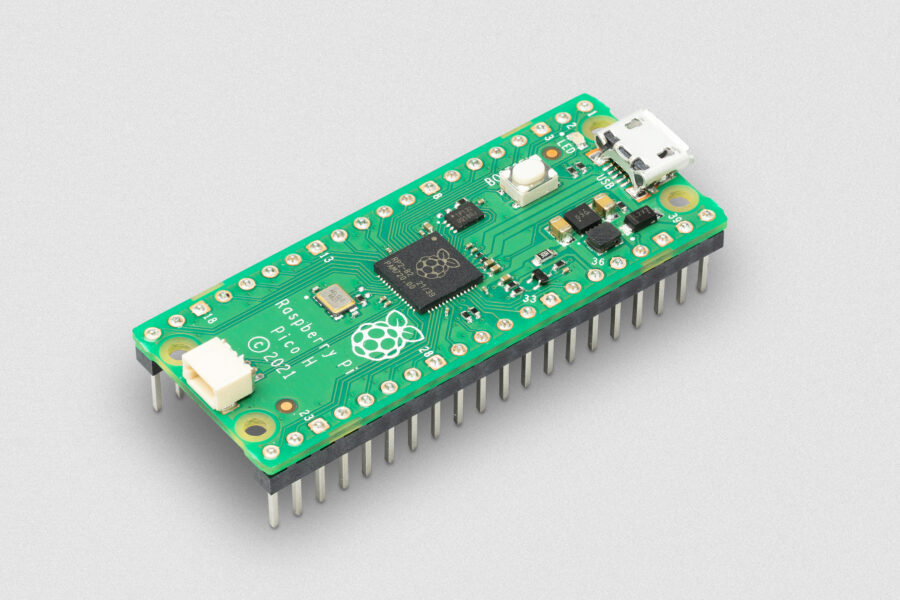
When it comes to the internal components for the all-new Raspberry Pi Pico W module, the Raspberry Pi Foundation has decided to stick with the original RP2040 microcontroller featuring Arm Cortex-M0+ processor core clocked at a frequency of 133MHz and a 264kB of on-chip SRAM and programmable IOs. Other than the basic SMT components and LEDs, the key highlight of the Raspberry Pi Pico W is the wireless networking capabilities leveraging the onboard Infineon CYW43439 wireless chip. However, if you carefully look at the CYW43439 module, the chip supports Wi-Fi 802.11n 2.4GHz wireless interface and Bluetooth Classic and Bluetooth Low-Energy. The manufacturer has clearly mentioned that the current Raspberry Pi Pico W hardware won’t be enabled for Bluetooth wireless connectivity, but the developers and makers can expect the manufacturer to do so in the near future.
Raspberry Pi Pico W will offer wireless LAN support along with an onboard antenna and modular compliance certification. The hardware will be able to operate in both station and access-point modes. Complete access to the network functionality is available to both C and MicroPython developers, giving them the flexibility to choose between the software environments. On the storage side, the Raspberry Pi Pico W paired with RP2040 will come with 2MB of flash memory, a power supply chip to support voltages from 1.8V to 5.5V and provide 26 GPIO pins with three for analogue inputs. The supported peripherals are UART, SPI, I2C, PWM and a UBS1.1 controller and PHY along with an 8x programmable IOs state machine. Also, the company promises to keep the production of Raspberry Pi Pico W until at least January 2028, which is approximately eight years from now.
The software documentation for the Raspberry Pi Pico W is very interesting as the Raspberry Pi Foundation has also released the Pico SDK which includes wireless networking support. The network stack is built around the IwIP and also uses libcyw43 from Damien George to communicate with the wireless chip. The libcyw43 is licensed for non-commercial use, however, with Raspberry Pi Pico W, users can build applications benefiting from a free commercial use license. The Raspberry Pi Pico SDK provides headers, libraries and build systems necessary to write programs for the RP2040-based Raspberry Pi Pico W hardware in C, C++ and/or assembly language. The SDK provides an API and programming environment for both non-embedded C developers as well as embedded C developers. A single code can run on the device at a time and starts with a conventional main(). Additionally, the Raspberry Pi Pico SDK also provides higher-level libraries for dealing with timers, synchronization, USD, and multi-core programming along with other utilities.
There are several interesting things about to happen with Raspberry Pi Pico W at $6.00 USD, and stay tuned with us for more updates. Meanwhile, you can consider purchasing the hardware from the official product page as well as look for detailed documentation for more information.





